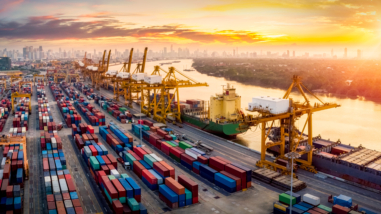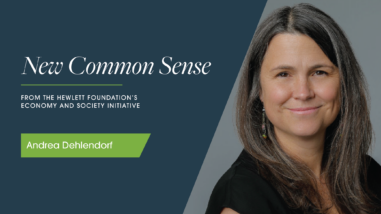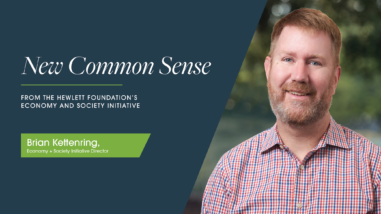Economic Policy Institute
For Research On The Role Of The Federal Reserve To Encourage Full Employment And Address Climate Risk
-
Amount$150,000
-
Program
-
Date Awarded11/18/2021
-
Term12 Months
-
Type of SupportProject
Strategies
About the Grantee
Grantee Website
www.epi.org



